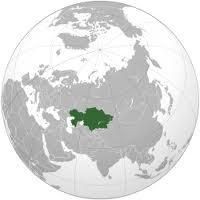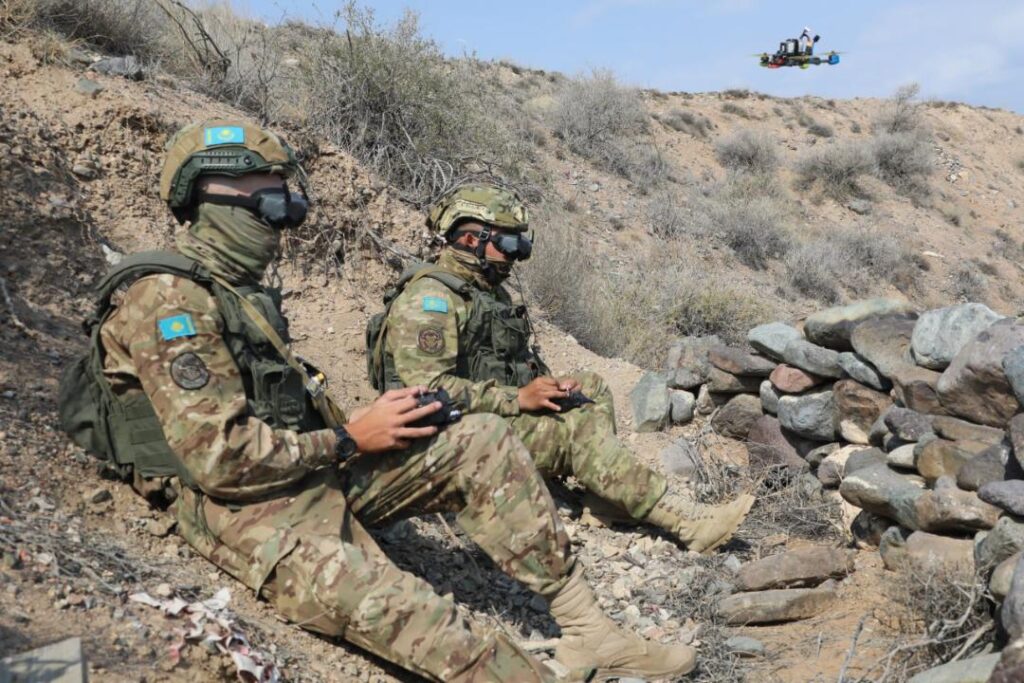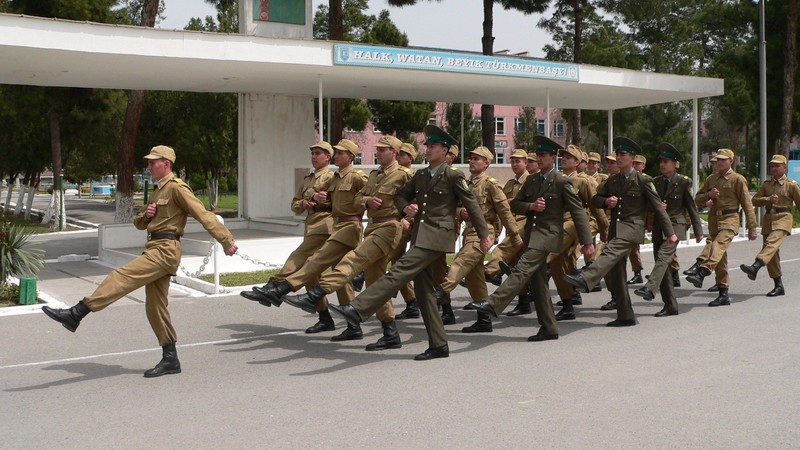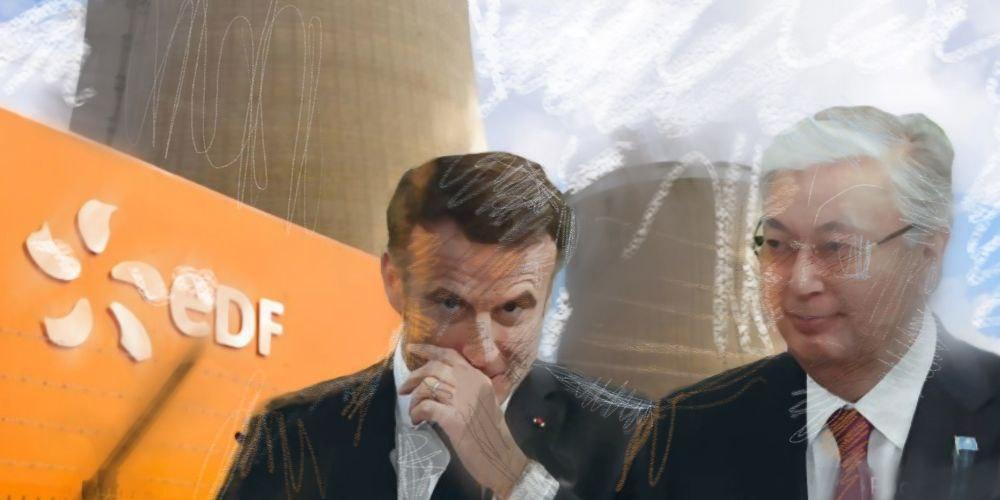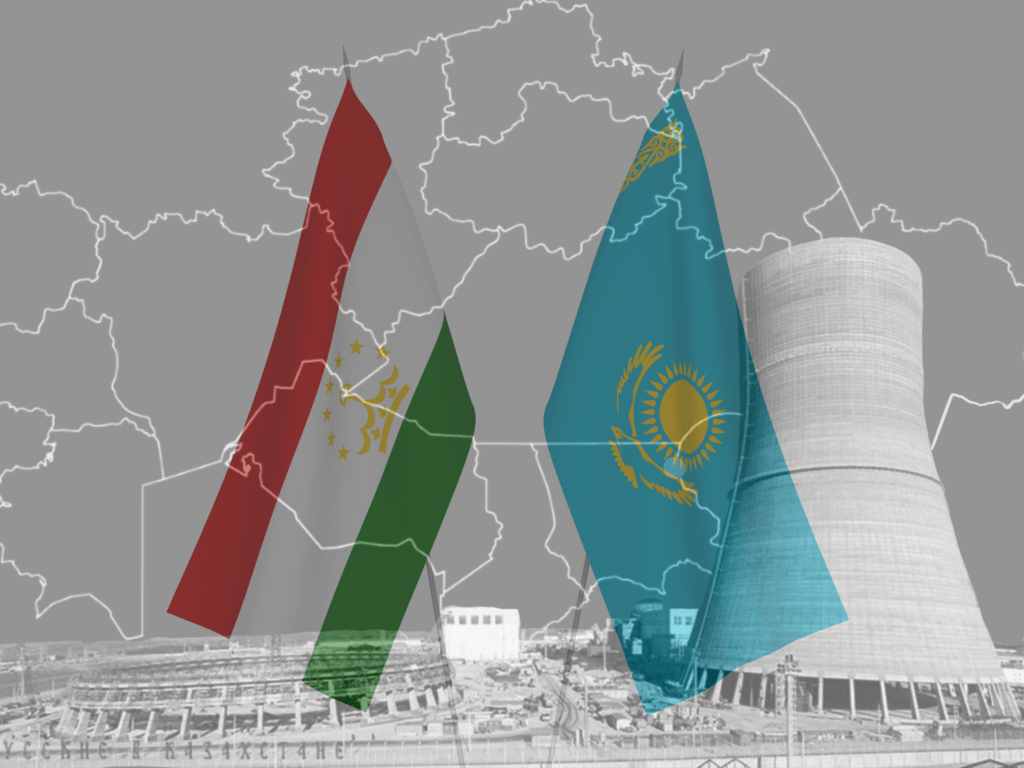NUR-SULTAN (TCA) — The Ministry of Foreign Affairs of Kazakhstan and the United Nations Office for Disarmament Affairs (UNODA) on August 28 co-organized an international Seminar on Fostering Cooperation Among Nuclear-Weapon-Free Zones (NWFZ) with participation of representatives of all Nuclear-Weapon-Free Zones, experts from relevant international and regional organizations as well as a number of observer-states, the Kazakh Foreign Ministry reported.
In his opening remarks, Yerzhan Ashikbayev, Deputy Minister of Foreign Affairs of Kazakhstan, underlined the role of the First President of Kazakhstan Nursultan Nazarbayev in developing the initiative of a dialogue between the Nuclear-Weapon-Free Zones and contribution of Kazakhstan to fulfillment of the United Nations Secretary-General Antonio Guterres’ Disarmament Agenda. He also stressed out the importance of interaction between the NWFZ participating states in terms of global risks for international security.
The Kazakh official stated that Kazakhstan, as one of the leaders of global antinuclear movement, is an active supporter of strengthening and further geographical expansion of the Nuclear-Weapon-Free Zones in order to create the nuclear weapon free world.
The seminar gathered the representatives of all Nuclear-Weapon-Free Zones including Latin-American (Tlatelolco Treaty), African (Pelindaba Treaty), South-Pacific (Rarotonga Treaty), Central Asian (Semipalatinsk Treaty) and the South East Asian (Bangkok Treaty) Nuclear-Weapon-Free Zones.
The event was held on the occasion of the International Day Against Nuclear Tests that traditionally is commemorated on a global scale on 29 August — the historic date of closure of the Semipalatinsk nuclear test-site. Kazakhstan’s decision on holding of this unique event on its territory was originally proposed by the First President of Kazakhstan Nursultan Nazarbayev at the inaugural ceremony of the IAEA Low-enriched uranium Bank on 29 August 2017.
The seminar participants discussed further collective measures on the strengthening and institutialization of NWFZs with the goal of developing practical mechanisms of long-lasting political cooperation between all existing and newly emerging zones.
